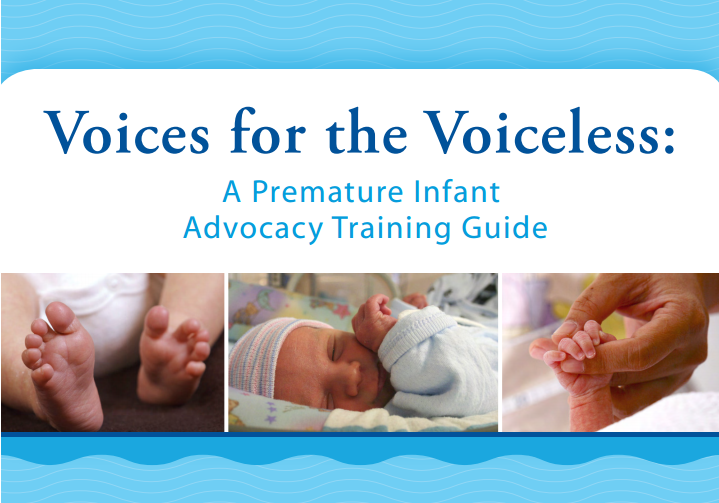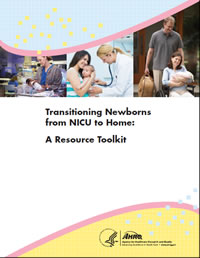The Institute for Patient Access and National Coalition for Infant Health Host Washington, DC Summit with Keynote Speaker Nancy Grace
WASHINGTON, JUNE 18, 2015 – On June 24-25 the Institute for Patient Access and the National Coalition for Infant Health will host the Preemie Matters National Policy Summit in Washington, DC, to explore access challenges facing the nation’s premature infants and their families. Held at Union Station and the Andrew W. Mellon Auditorium, the policy summit will feature remarks by Rep. Jaime Herrera Beutler (R-Wash.) and Rep. Katherine Clark (D-Mass.), as well as a keynote luncheon address by Nancy Grace, CNN host and mother of premature twins.
“Each year in the United States premature infants face grave and far-reaching health challenges, generate jaw-dropping health care costs and struggle to access the treatment they need,” explained National Coalition for Infant Health Medical Director Mitchell Goldstein, MD. “The Preemie Matters summit will provide the foundation for a national strategy to guide the coalition in educating policymakers, the public, and media on issues regarding access and appropriate clinical care standards.”
Top neonatal experts from around the country will lead summit discussions about: (1) protecting infants from infectious disease; (2) optimal health and the nutrition of preterm infants; (3) what preemies and their parents need while in the Neonatal Intensive Care Unit; 4) how to adequately transition these infants into the community; and (5) how to ensure optimal health through age two. Attendees include individual health care providers, congressional leaders and staff, representatives from national nursing and physician organizations, and national and regional preemie parent organizations.
Experts include: Judy Bernbaum, MD, Children’s Hospital of Pennsylvania; Amy Hair, MD, Texas Children’s Hospital; Martin Lee, PhD, Prolacta Bioscience; Trish MacEnroe, Baby-Friendly USA; Diane Spatz, PhD, University of Pennsylvania; Suzanne Staebler, DNP, Emory University; and Ram Yogev, MD, Northwestern University.
Every year, 450,000 babies – one in every nine – are born premature. Prematurity is the leading associated cause of infant death during the first year of life. Premature infants who do survive often face lifelong disabilities, including visual and hearing impairments, feeding and GI complications, cerebral palsy, chronic lung disease, learning difficulties and other mental disabilities. Parents of premature infants often face emotional and financial struggles, with the economic toll of premature care on the nation’s health care system totaling more than $26 billion each year.
The summit, sponsored by the Institute for Patient Access, MedImmune / Astra Zeneca, Competitive Edge and Prolacta Bioscience, will begin with a welcome reception at 6:00 p.m. on Wednesday, June 24 at the Columbus Club at Union Station. The plenary session will be held at the Andrew W. Mellon Auditorium on Thursday, June 25 from 8:45 a.m. to 4:00 p.m.
The events on June 24-25 are open to the press. Press interested in attending should RSVP to Susan Hepworth, shepworth@allianceforpatientaccess.org no later than Wednesday, June 24.
###










